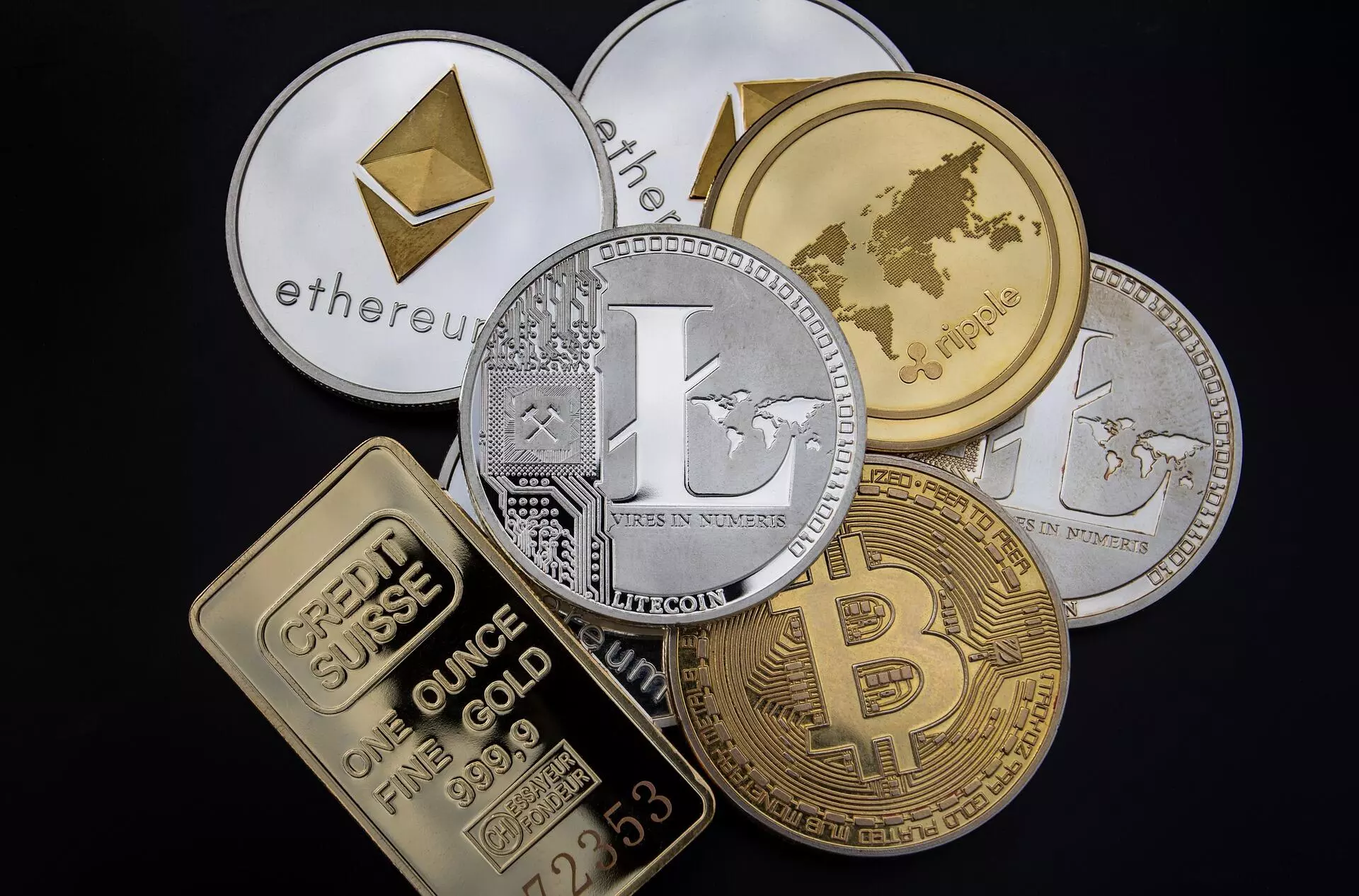A timely initiative

Union Finance Minister Nirmala Sitharaman, in the Budget 2022-23, introduced a 30 per cent tax on income from transactions in virtual digital assets, imposed one per cent TDS on transactions in such assets over a certain threshold, and taxed even the crypto gifts. The intent was quite clear — to bring the leapfrogging crypto sector into the fold of regulation. Now, the Finance Ministry, by bringing crypto trading, safekeeping, and related financial services within the ambit of the Prevention of Money Laundering Act (PMLA), 2002, has made its intent clearer. The PMLA, formulated in line with the Vienna Convention, seeks to place a curb on the process of converting illegal money into legal one. To date, it has been applied to transactions in traditional assets, but now it will cover modern-age virtual assets as well. Indian crypto exchanges will now have to report suspicious activities to the Financial Intelligence Unit India (FIU-IND), just as it is done in the case of irregularities in the transaction of physical assets. As the protocol goes, the FIU-IND, after analysing and assessing the reported irregularity, informs the Enforcement Directorate which is allowed to search and seize suspected property at its discretion, without any judicial permission. The government’s move is indeed a timely step in the right direction. Countries like Singapore, Japan, Switzerland, and Malaysia already have legal regulatory frameworks in place. Several advanced countries, including the United States, the United Kingdom and Australia, are in the planning phase of establishing a regulatory framework in this regard. The Indian government has made sure that the country does not fall behind on this front. The timing of the move is appreciable also because it coincides with the year of India’s G20 presidency. India’s Finance Minister has time and again stressed the need to forge international collaboration towards regulating cryptocurrencies and other virtual assets. Last month, she informed the Parliament that India is in dialogue with G20 nations towards developing a standard operating protocol for regulating crypto assets. The synergy between the developments on the internal and external fronts can truly help the country come out with an effective regulatory framework. The crypto market has been in existence for over a decade but has gained considerable momentum in the past couple of years only. It is reported that the value of cryptocurrencies stood at around USD 800 billion by the end of the last year. Reports also suggest that there has been an exponential rise in the transactions made with sanctioned entities. There is no doubt that this emerging sector has a vast potential to be misused by nefarious elements who may already be in the business. Compared to other countries, India has a more profound challenge in terms of regulating its digital assets' transactions because, reportedly, it is home to the largest number of crypto asset owners. It can be argued that the regulatory step might have been taken a bit earlier by the Indian government. That would have indeed been helpful but it is never too late to mend. Certainly, regulating the market size of crypto assets in India is a daunting task. Moreover, the FIU-IND has, to date, assessed and analysed only the transactions made in real assets. It will be difficult for it to realign itself with the fast-evolving sector, particularly as the substantive proportion of conventional money laundering acts go untraced. The Enforcement Directorate might also face difficulties in cracking down upon illegal crypto transactors. The FIU-IND, in particular, will have to go beyond KYC and CDD norms, to explore newer attributes such as analysis of crypto wallets, IMEI (International Mobile Equipment Identity), and IMSI (International Mobile Subscriber Identity). In addition, building an international collaboration towards regulating crypto assets will not be an easy task. Only limited countries have shown a willingness and are working towards ensuring crypto regulation. A large number of countries still remain a non-starter. Even a small loophole will be detrimental to the overall cause. Nevertheless, a good and much-needed beginning is made.



